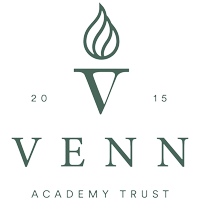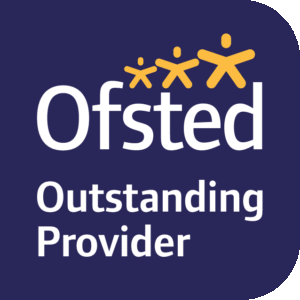At Venn Boulevard Centre, we believe that enrichment activities are a vital part of our curriculum. Every Friday afternoon, our pupils participate in a range of enrichment activities, which include both on-site and off-site activities. These activities change every half term, and pupils are given the opportunity to voice their opinions on the activities they would like to participate in.
On-site activities include cooking, art, and Spa Day, while off-site activities include horseriding, ice skating, trips to the bookshop, gardening, and the gym. Our aim is to provide a range of activities that appeal to a variety of interests, so every pupil can find something they enjoy.
Enrichment activities provide a great opportunity for pupils to try new experiences and make friendships outside their peer group. All classes mix for enrichment, giving pupils the chance to interact with others they may not usually interact with in their daily classes. This helps to promote social interaction and communication skills, which are essential for their development.
Research shows that enrichment activities can significantly improve the learning experiences of alternative provision and special school pupils. According to a study conducted by the Education Endowment Foundation, enrichment activities can improve academic attainment, non-cognitive skills, and attitudes towards school among disadvantaged pupils (Education Endowment Foundation, 2019). Another study found that participating in extracurricular activities can improve social skills, self-esteem, and mental health among special school pupils (Cumming & Waters, 2019).
At Venn Boulevard Centre, we recognise the benefits of enrichment activities and have made them an integral part of our curriculum. We believe that these activities provide a valuable learning experience for our pupils, helping them to develop both academically and socially.
References:
Cumming, T. M., & Waters, L. (2019). The impact of extracurricular activities on the social skills and mental health of special school pupils. Journal of Intellectual Disabilities, 23(1), 77-91.
Education Endowment Foundation. (2019). Enrichment activities. Retrieved from https://educationendowmentfoundation.org.uk/tools/guidance-reports/enrichment-activities/



























